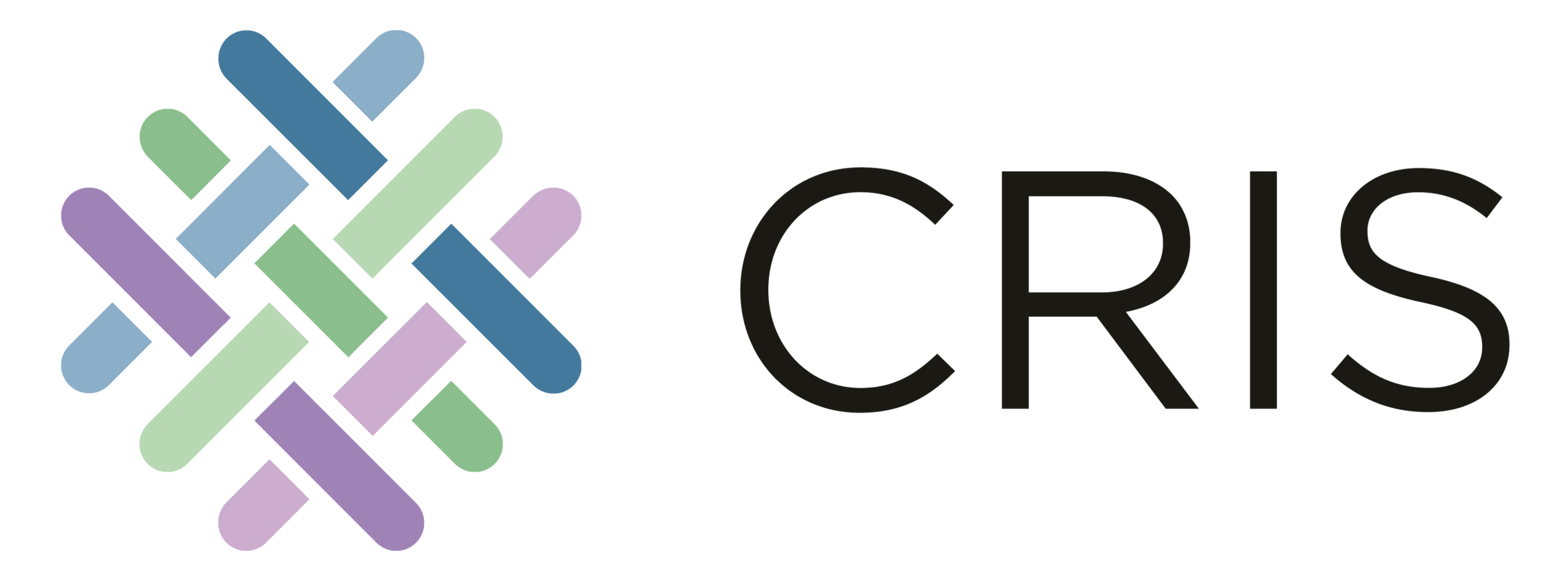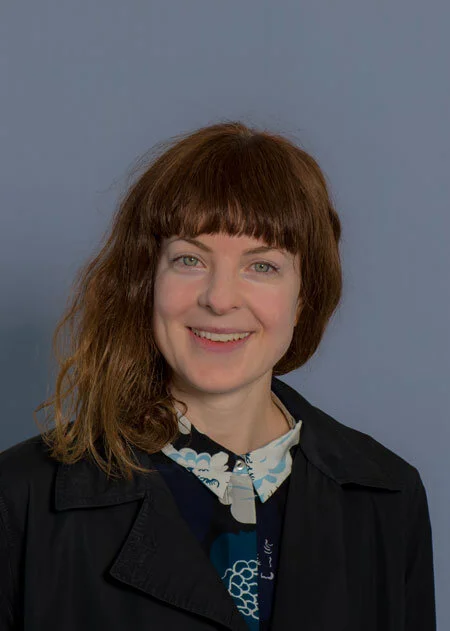Pete Evans, militant wellness and Nazism
Dr Vivian Gerrand
In a world contaminated by all manners of chemicals and ravaged by climate change, it is unsurprising that wellness and detox practices have broad appeal.
I don’t follow chef Pete Evans on social media but several of my friends who share interests in gut health and wholefoods do. Evans’ focus on wellness has led him from being a proponent of edgy dietary advice to promoting extreme practices that have attracted criticism and fines from health authorities. Last month, beside the bowls of lush superfood ingredients that have made Evans a household name, the celebrity chef-cum-conspiracy theorist posted a cartoon that led to his publisher and major sponsors ending their relationship with him.
As Evans described it, the cartoon merely featured ‘a caterpillar and a butterfly having a chat over a drink’. However, it also juxtaposed two potent symbols of division. One of the insects wore a red MAGA hat while the other displayed the sonnenrad, the black sun occult symbol popular among Nazis and displayed by the far-right terrorist in Christchurch as part of his manifesto before he murdered fifty-one people.
It is tempting to dismiss Evans as unhinged, but it would be a mistake to view his radicalisation trajectory in isolation.
Since the onset of the pandemic, as is by now widely acknowledged, some quarters of the wellness industry have been taken in by conspiritualist ideas, including those of QAnon. Militant wellness – think singing bowls, praise for Trump and the use of weapons – is now a thing.
Star comic wellness influencer JP Sears (of ‘Awaken with JP’), who was recently interviewed by Evans, embodies militant wellness. Sears’ ‘ultra spiritual’ satire once provided refreshing relief from wellness gurus who took themselves too seriously. Over the past few months, however, he has begun to use social media platforms to satirise the US election, encourage his followers to question Biden’s victory and promote the idea of an incipient civil war – all while advertising a brand of deodorant called Primally Pure. Sears’ recent boast on Instagram that he had bought a gun attracted applause, fist bump and thumbs up emojis.
The same questions that scholars of radicalisation processes have long posed need to be asked again here. What leads some to radicalise? What makes someone a terrorist or a person who incites acts of terrorism? What kinds of environments are conducive to action orientation? And what is the relationship between these trajectories of radicalisation, health practices and far-right ideologies?
We might recall that Hitler was a vegetarian with a radical embrace of environmental protections. Early anti-smoking and associated lifestyle campaigns for Aryan ‘blood and soil’ contributed to his racial hygiene movement. Operating at another time of crisis (post WWI, the Spanish flu and the Great Depression), Hitler sought to control and purify the German nation in his pursuit of a Third Reich.
As is the case today, at that moment of existential crisis, trauma and uncertainty, there was a heightened desire for control, security and simplicity. Crisis, trauma and uncertainty create psychosocial conditions that increase vulnerability to black and white conspiracy thinking and extremism. In wellness circles, and within the far right (but also in other extremist organisations) there is also often a high value placed on purity. Accompanied by the fantasy of a return to a simple, mythologised past – what sociologist Zygmunt Bauman termed a ‘retrotopia’ – this desire for purity was mobilised in Nazi Germany to perpetrate genocide. Today, a significant proportion of white nationalists happen to be vegan.
The cleansing of one’s physical body and so-called ‘ethnic cleansing’ are not the same thing. But does a desire to purify one’s body sometimes make someone susceptible to other ideas that promote purity?
In Nazi Germany, doctors were tasked with ‘cleansing’ their national community of perceived threats following the racialised principles of eugenics. As Susan Bachrach wrote in an article on Nazi Racial Hygiene: ‘Racial-hygiene measures began with the mass sterilization of the “genetically diseased” and ended with the near-annihilation of European Jewry.’
While the Spanish flu led to socialised medicine, including in Nazi Germany, understandings of wellbeing are today often limited to individual health, and the wellness industry tends to promote health as a personal responsibility. If you’re sick, it’s your fault. In this atomised view of humanity – one that has driven neoliberal policies for decades (thanks Margaret there’s-no-such-thing-as-society Thatcher) – poverty is also a moral failing. It’s your problem if you can’t afford to buy organic.
As a consequence, both health and wealth are considered personal concerns, rather than attributes of the particular cultures, histories, structures and systems of which we are a part. Many no longer regard public health as a collective responsibility. We have seen this attitude most acutely manifest in anti-mask, anti-lockdown demonstrations with their cries of ‘freedom’ from coronavirus restrictions.
Lindy Bekerman, a Jewish skin therapist with long experience working in the wellness industry, has noticed a fundamentalist turn towards a ‘survival of the fittest’ mentality within wellness circles during the pandemic. Aimed at the privileged, Bekerman believes many in the industry are relatively sheltered and ignorant of the traumatic legacy of atrocities like the Holocaust.
At the same time, for Bekerman, ‘aggressively shaming people doesn’t get you anywhere.’ As critical as it is to call out and de-platform influencers like Evans who spread disinformation and legitimise hate, education about the history of atrocities and white supremacy is even more important. As former white supremacist Tony McAleer writes in The Cure for Hate: ‘we must also be prepared to call people in.’ With appropriate boundaries, of course. ‘Calling people in’ is a strategy being deployed by Professor Loretta J Ross, an anti-racist activist who teaches a class on ‘White Supremacy in the Age of Trump’.
Part of this education requires being prepared to see how, like religion, health and wellness may be co-opted by powerful interests. We should remember that Nazism also began as a conspiracy.
As someone who has practised yoga for almost two decades, it has been unnerving to see this QAnon variety of militant wellness emerge. But with the understanding that investment in extreme wellness and white supremacy have strong historical precedents, radicalisation trajectories like those of Pete Evans should not come as a shock but rather be anticipated and guarded against.
This piece first appeared on Overland on the 2 of December 2020. You can access the original piece here.
Dr Vivian Gerrand is Research Fellow at the Alfred Deakin Institute for Citizenship and Globalisation, Deakin University in Melbourne, Australia, where she serves as the Coordinator for the Building Resilience to Social Harms Stream of CRIS. She is a Visiting Fellow at the European University Institute (Italy) as a chief investigator on the Horizon 2020 BRaVE (Building Resilience to Violent Extremism and Polarisation) project.

